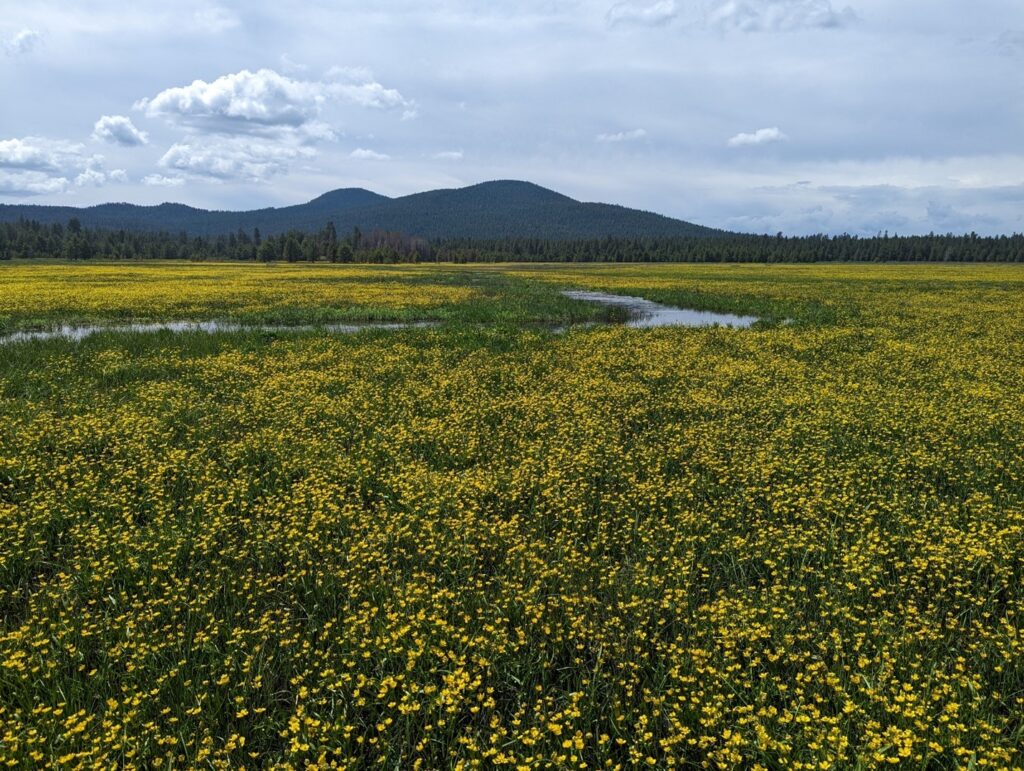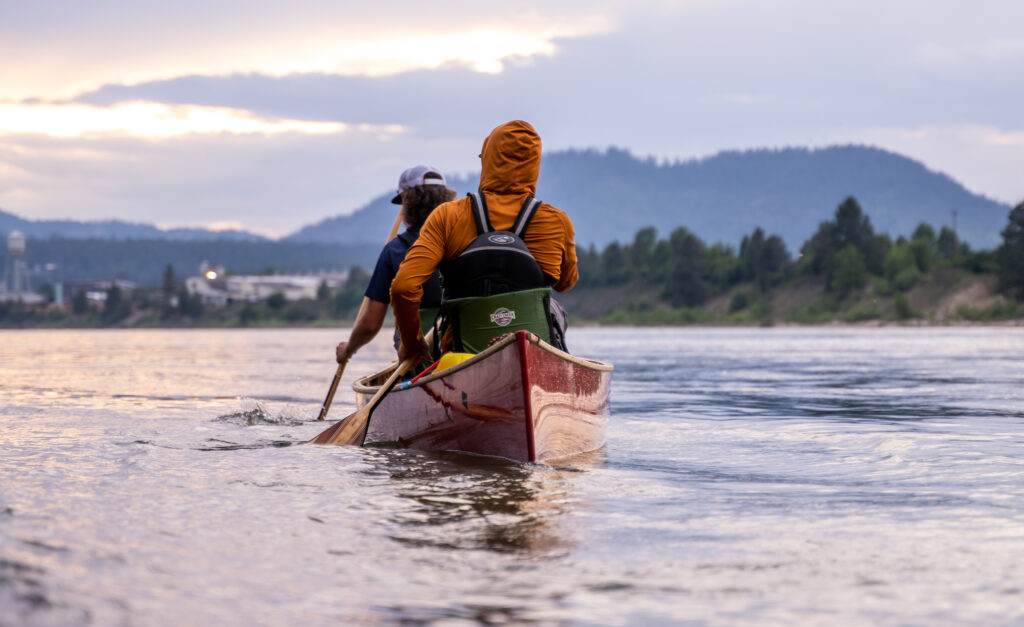Our Most-Read Blogs of 2020
A LOT happened in 2020 for rivers and clean water.

As we wave farewell to 2020, our minds are set on the future, and promise of a new year. But to know where we’re going, we must first look back at where we’ve been in this unforgettable year. Here’s what the year meant for rivers and clean water across the country, as seen through the lens of our most popular blogs.
Record Number of States (26!) Remove Dams in 2019
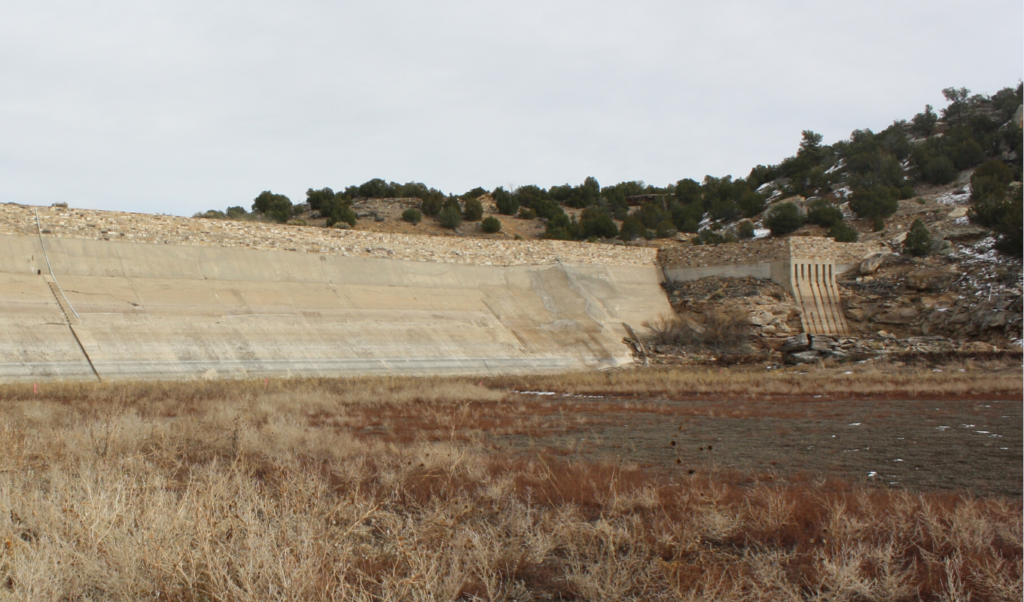
Remember February? Well, it’s almost here again and with it comes our annual Dam Removal Report. Last year, more states than ever before were restoring rivers through dam removal. American Rivers maintains the only database of record for dam removals in the United States. The database (here) includes information on 1,722 dams that have been removed since 1912.
River of the Year for 2020: The Delaware River
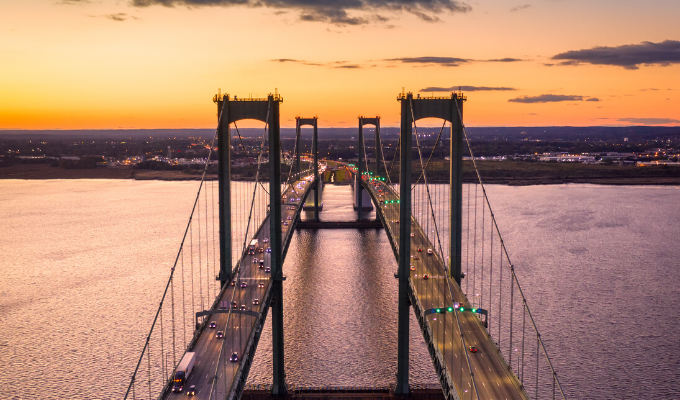
In April we had the privilege to bring some good news when it was hardest to find: The Delaware River was named 2020’s River of the Year. We gave the Delaware this honor to recognize its momentous progress for water quality, river restoration and community revitalization.
A big dam problem: The disaster in Michigan and solutions for the future
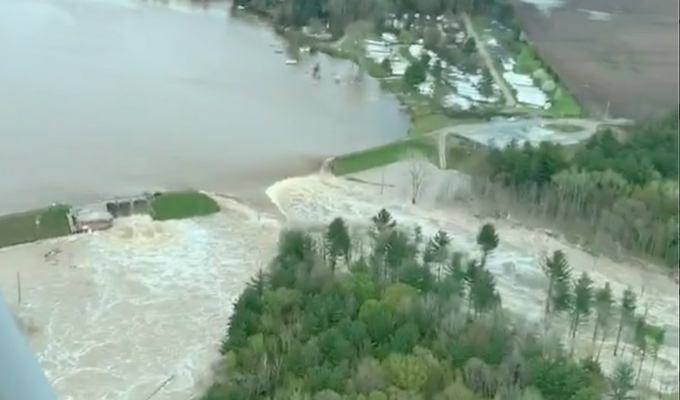
2020 being 2020, of course there was a dam failure. Thankfully, no one was seriously hurt. The Edenville Dam failed in Michigan on May 19, forcing thousands of residents to evacuate their homes during a global pandemic. This unnatural disaster served as a chilling reminder that it’s time to prioritize river protection and investment in smart infrastructure. Our communities, our economy and our lives depend on it.
7 Ways to Safely Recreate Again
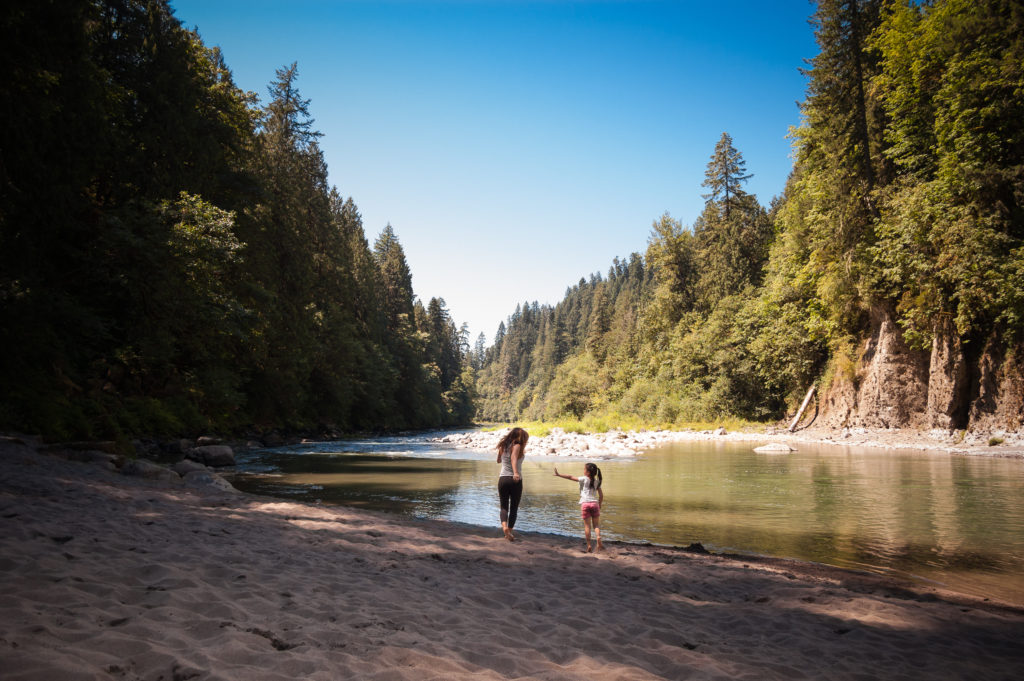
As spring turned to summer, river-lovers started eyeing their next opportunity to get out on the water for a taste of normalcy. But the world wasn’t quite normal yet. To help the responsible recreators, we created a list of tips for how to recreate in ways that are thoughtful and considerate not just toward the places we go, but also the people we encounter there. Even as we enter 2021, this list is still relevant and worth checking out.
Flooding and injustice are deeply linked — particularly during a pandemic
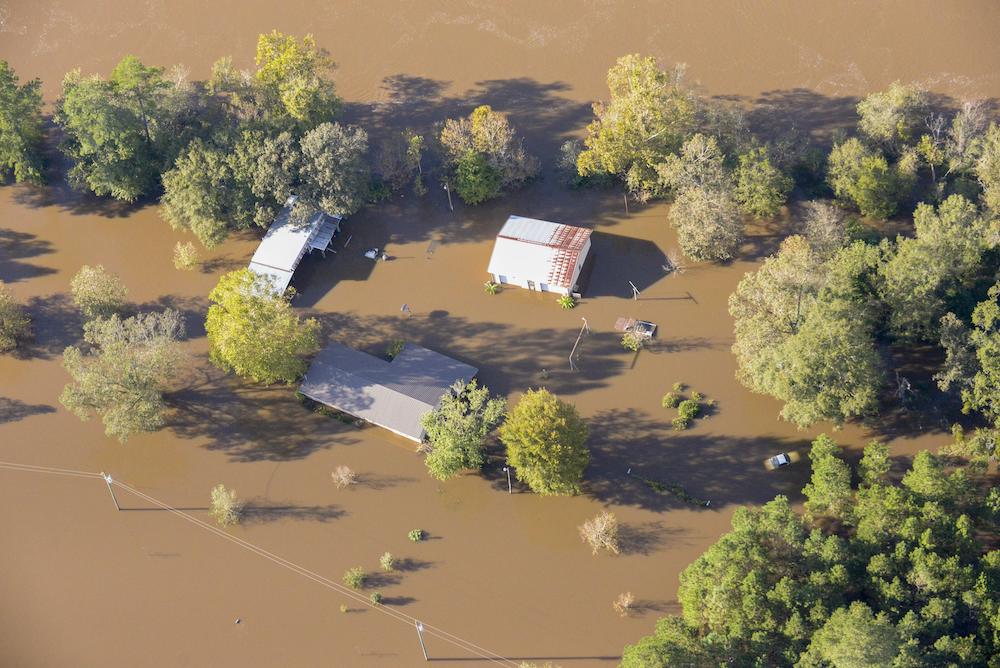
Wilber
As the pandemic continued to affect our lives well into the summer, Black Lives Matter and other social justice movements awakened the world to the need for racial justice and reform. Then came hurricane season.
Throughout the Carolinas, many communities were historically built based on practices that located Black, Latinx and Indigenous communities in less-valuable and often flood-prone areas. As a result, these communities are more likely to be displaced from their homes during hurricane-related floods and face more obstacles rebuilding afterward. To rebuild a better world, we called on Congress to invest $500 billion over 10 years to create the transformational change we need to ensure clean water and healthy rivers for all. Our report, Rivers as Economic Engines: Investing in clean water communities and our future, details how the right investments in water infrastructure and river restoration can make all the difference.

